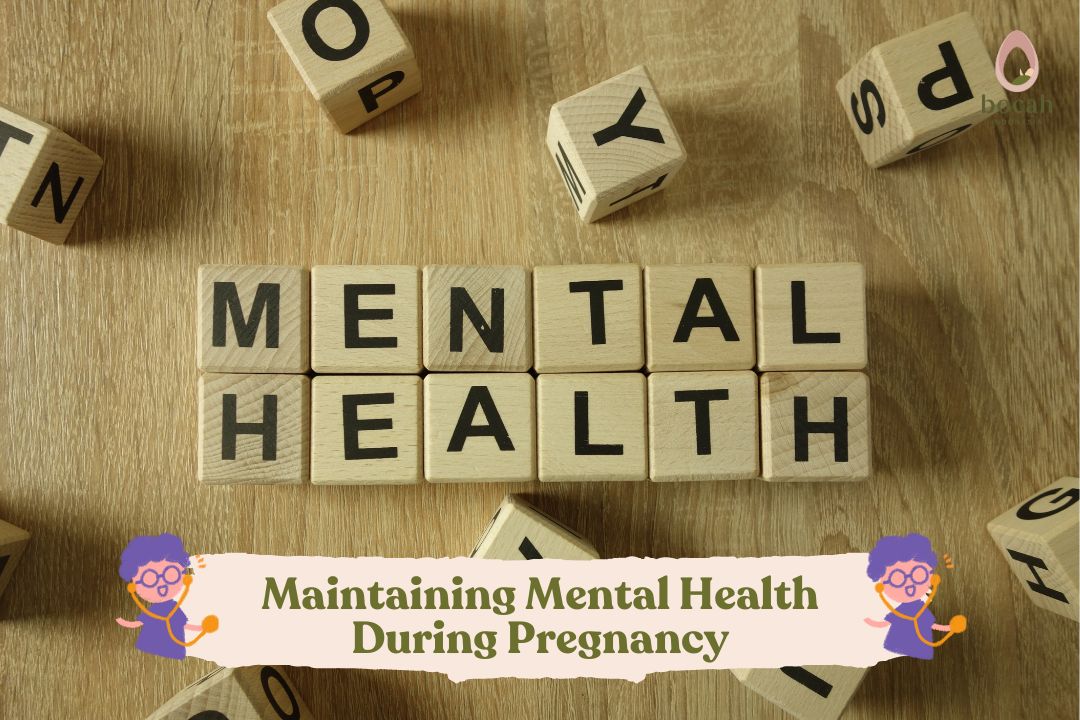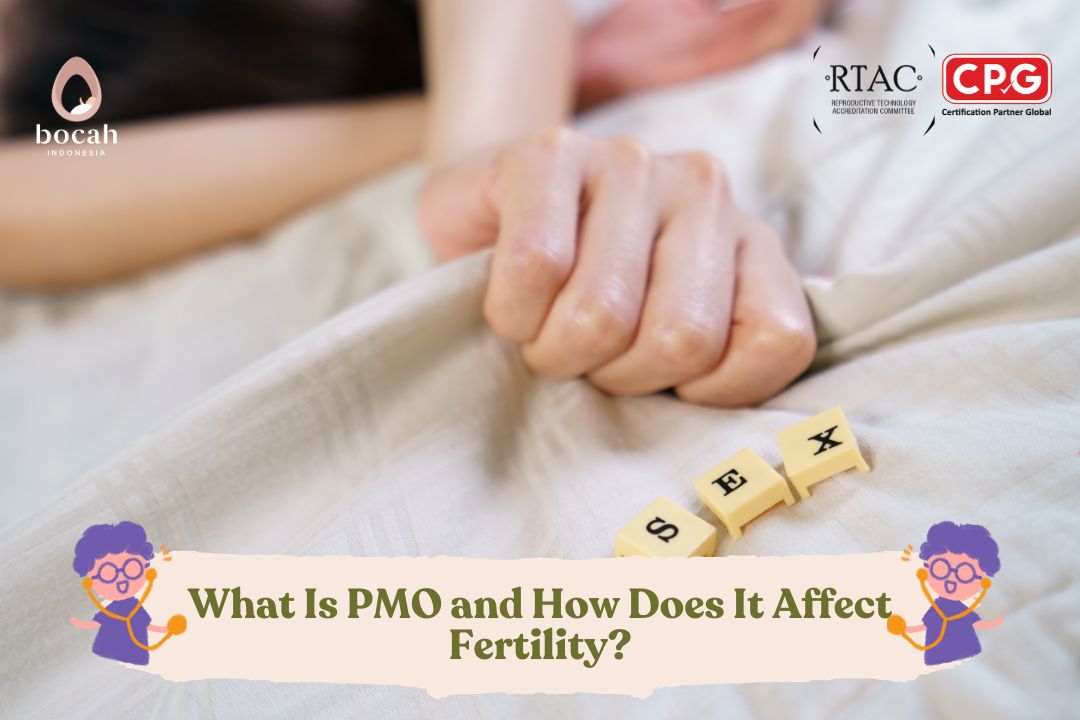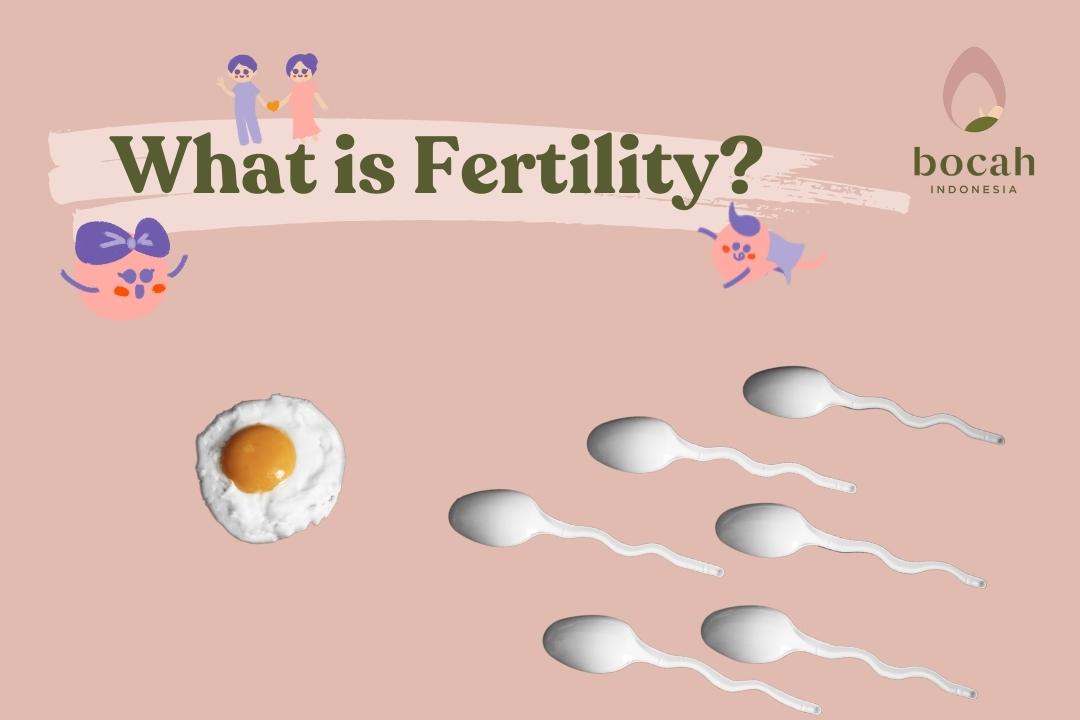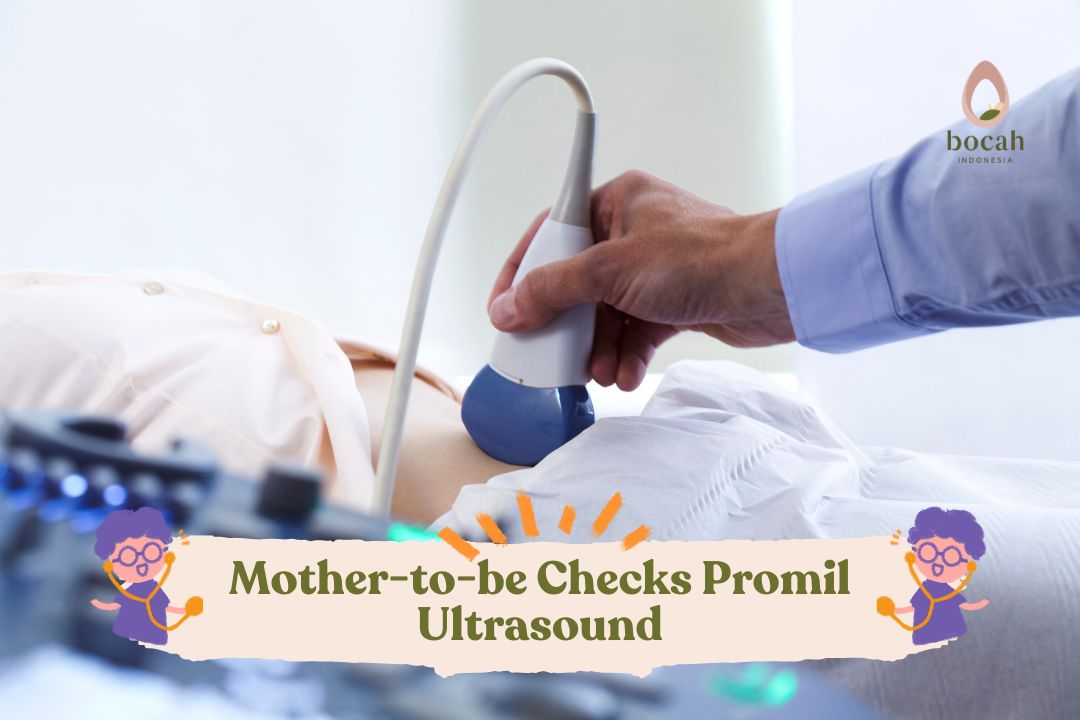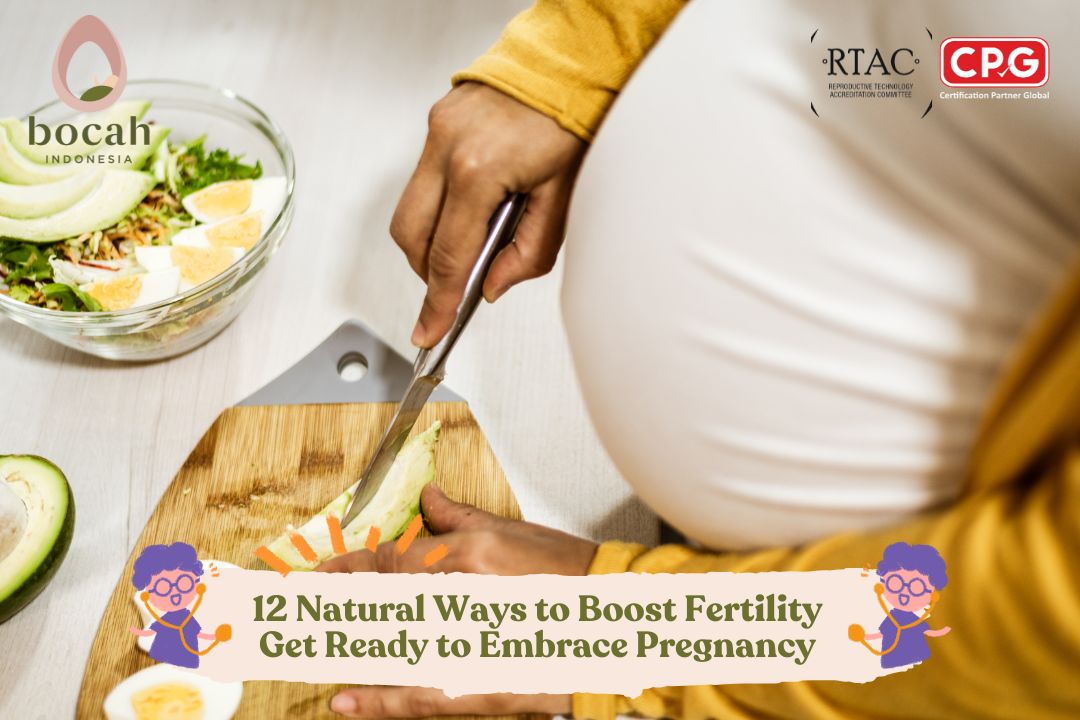Does Mental Health Affect Fertility Programs?
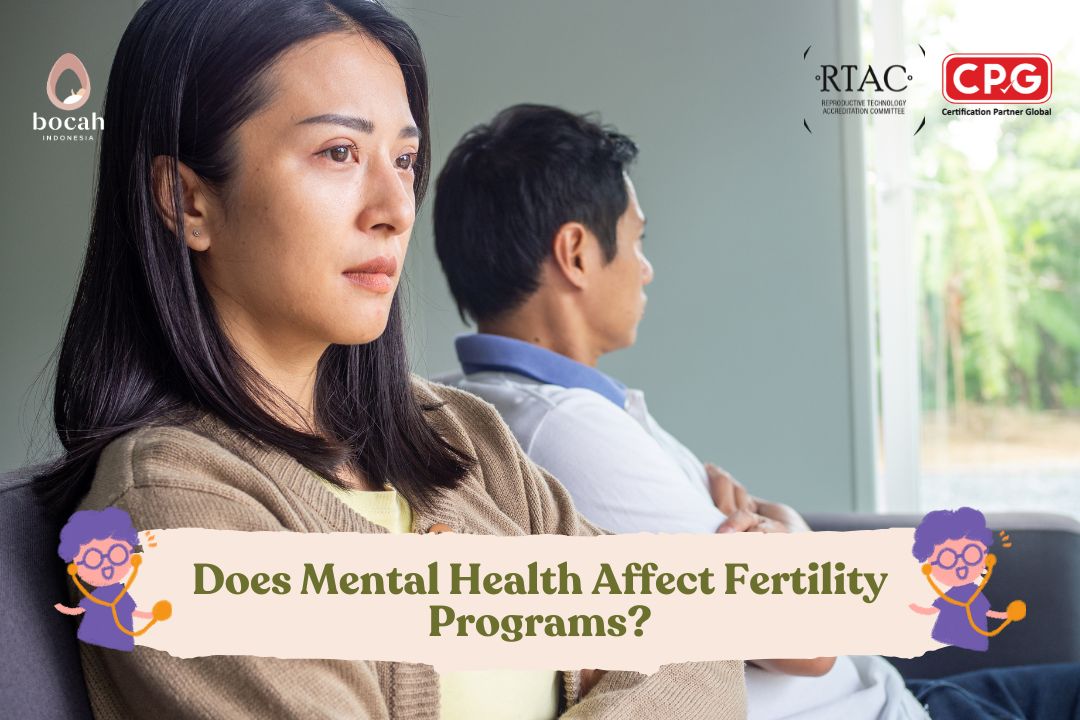
Mental health can significantly influence fertility, especially when couples are undergoing a pregnancy program.
Did you know that mental health has a close connection with fertility? Mental well-being greatly impacts fertility in both men and women. That is why couples planning a pregnancy are strongly encouraged to manage stress properly. Excessive stress can disrupt fertility and interfere with the success of conception efforts.
What Are the Impacts of Poor Mental Health on Fertility Programs?
For women, mental health issues such as stress and emotional problems may disrupt hormonal balance, which in turn affects the menstrual cycle and fertility programs. When mental health is compromised, it can lead to menstrual disorders such as irregular cycles, severe period pain, heavy bleeding, or even amenorrhea, all of which can reduce the chance of conception.
For men, high stress levels can cause erectile dysfunction, reduced sperm quality, and decreased sperm count. Stress may also suppress testosterone production, further lowering sperm production.
A study published in the Journal of Affective Disorders examined the link between mental health problems and irregular menstrual cycles in adolescent girls in South Korea. The findings revealed a positive correlation, highlighting the important role of mental health in supporting cycle regularity and preventing reproductive health problems.
Tanya Mincah tentang Promil?
How to Maintain Mental Health During Fertility Programs
Maintaining mental health while undergoing a fertility program is crucial for optimizing the chances of pregnancy. Here are several strategies to help manage stress and support emotional well-being:
1. Journaling
Writing a journal or diary can help individuals understand themselves better and identify the root causes of stress. By putting thoughts and feelings into words, couples may gain new perspectives and find solutions.
2. Exercise
Physical activity improves mood and supports emotional health. Engaging in 30–60 minutes of moderate exercise daily can boost happiness and reduce stress. However, avoid over-exercising, as it may negatively affect fertility.
3. Swimming
Swimming can be an excellent stress reliever. A study published in the Journal of Stress Management (2007) showed that swimming in seawater or soaking in saltwater helped participants feel more relaxed. After seven weeks, participants reported improved self-confidence, optimism, and reduced symptoms of depression and anxiety.
4. Spending Quality Time with Your Partner
Many couples experience stress when fertility programs don’t bring immediate results, which may strain relationships. Setting aside time together—without discussing conception—can help strengthen emotional bonds. Consider planning a short vacation, enjoying date nights, or surprising each other with small gestures of affection.
5. Self-Care
Apart from spending time with a partner, women should also focus on self-care. Visiting a spa, socializing with friends, or engaging in hobbies can reduce stress. Adopting a healthier lifestyle and balanced diet also supports both mental and reproductive health.
6. Professional Support
If stress and negative emotions become overwhelming, consulting a psychologist or psychiatrist can be very helpful. Professional support can guide individuals in managing mental health challenges, making the body more prepared for conception.
Now you can see how essential mental health is for fertility. Managing stress effectively is key to achieving an optimal pregnancy program. Don’t hesitate to consult your doctor for further guidance.
Source:
- Yu, M., et al. (2017). The association between mental health problems and menstrual cycle irregularity among adolescent Korean girls. Journal of Affective Disorders, Volume 210, 1 March 2017, Pages 43-48.
- Rooney, KL., Domar, AD. (2022). The relationship between stress and infertility. Dialogues in Clinical Neuroscience – Vol 20. No. 1. 2018.
- Childs, E., De Wit, H. (2014). Regular exercise is associated with emotional resilience to acute stress in healthy adults. Front. Physiol. Sec. Clinical and Translational Physiology, Volume 5 – 2014.


